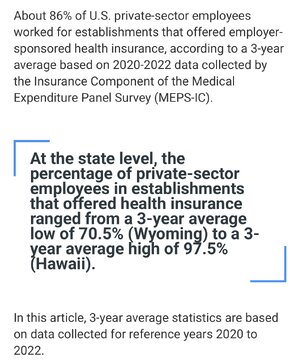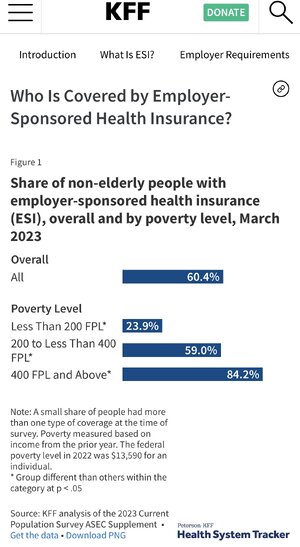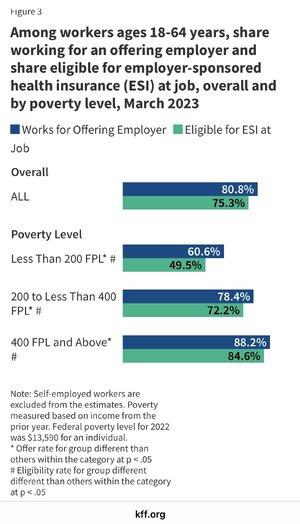Generally speaking, uninsured delay treatment (additional cost if the delay worsens the diagnosis), seek ambulatory and emergency care at a higher rate (additional cost), and either default on medical debt (additional cost) or just don't pay entirely (additional cost). They are also generally charged more which feeds into the previously noted issues. The cost to the system is when these debts and payments are defaulted as medical care cost increases for everyone. Yes - insured will seek more treatment, but that treatment tends to be preventative which is fairly inexpensive compared with hospitalization. The "unpaid care" component is really where the cost to the system becomes inflationary to the whole.
Hospitals charge more for unisured:
A highly selective liberal arts college in the heart of Hartford, Connecticut, Trinity prepares students to be leaders unafraid of forging new paths.

www.trincoll.edu
Unpaid debt is rolled into the healthcare system as a whole:
More:
For many uninsured people, the costs of health insurance and medical care are weighed against equally essential needs, like housing, food, and transportation to work, and many uninsured adults report being very or moderately worried about paying basic monthly expenses such as rent or other...

www.kff.org







